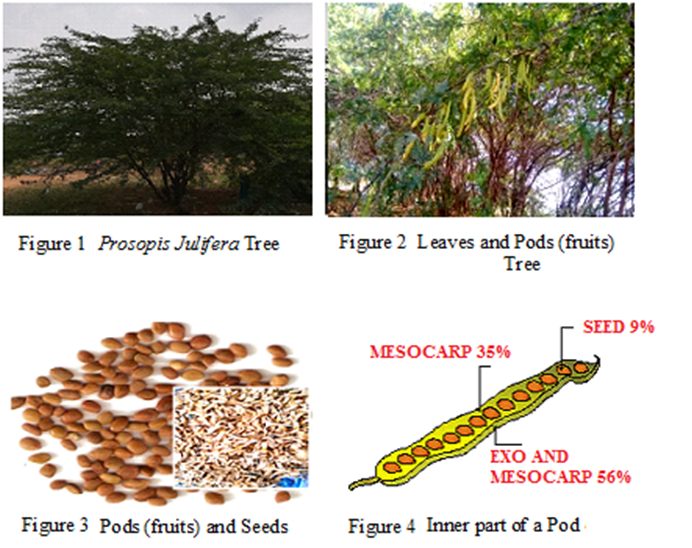- Cite article
- Download PDF
- Share article
- 20 Downloads
More strict environmental rules and pollution from fossil fuels necessitate cleaner fuels like biodiesel. Production of diesel automobiles has decreased in recent years due to a serious issue with air pollution caused by increased emissions of toxic gases. The most encouraging fuel currently is Biodiesel. Transesterification of nonconsumable oil has drawn the consideration of numerous analysts since it is practical when contrasted and palatable oils in financial and natural worries. The high gooey nature of noneatable oils might prompt difficult issues in Diesel engines and that can be diminished by a two-stage Transesterification process. The dissolvable extraction technique is used to separate oil from Prosopis Julifera and a regular transesterification process is taken on to extricate Prosopis Julifera biodiesel utilizing basic impetus (NaOH). Lessening the corrosive worth and augmenting the Biodiesel yield is the primary goal of this work. The ongoing survey means to using a Response surface methodology (RSM) strategy utilizing Central Composite Design (CCD) for optimizing the variables that determine the yield of methyl esters, such as the oil-to-methanol molar ratio, the amount of catalyst employed, the reaction time, and the reaction temperature. In like manner, smoothing out is performed to get the most outrageous give in of Prosopis Julifera methyl ester. Prosopis Julifera methyl ester (PJME) fuel attributes were assessed, distinguished, and measured by ASTM standards. The examinations uncover that the properties of PJME nearly coordinate with the traditional Diesel fuel. Moreover, biodiesel emits fewer air pollutants.
